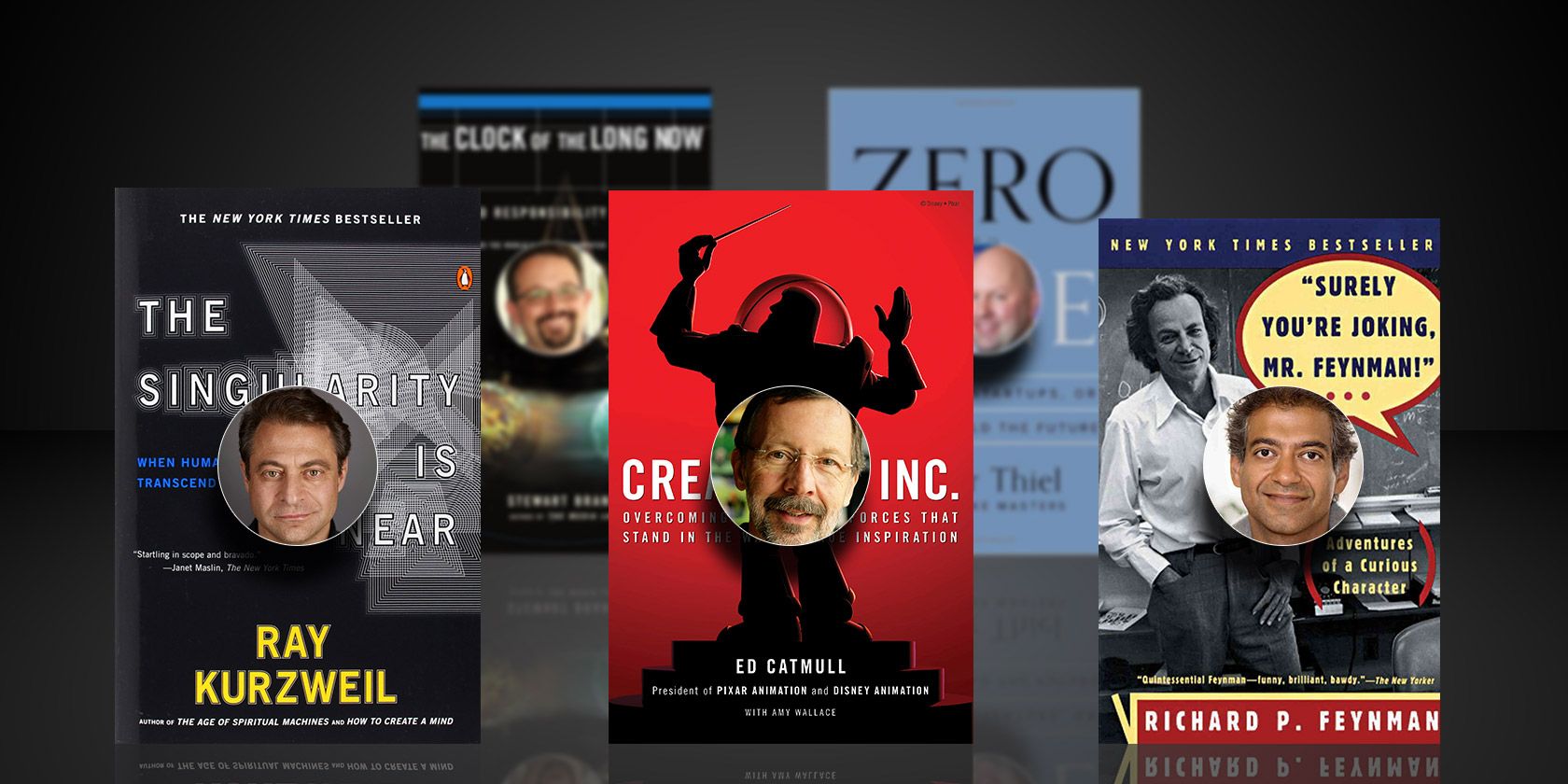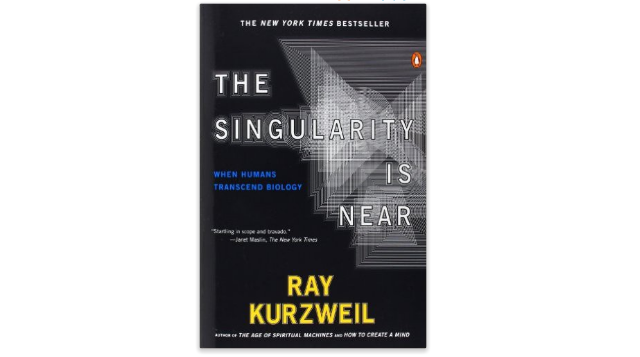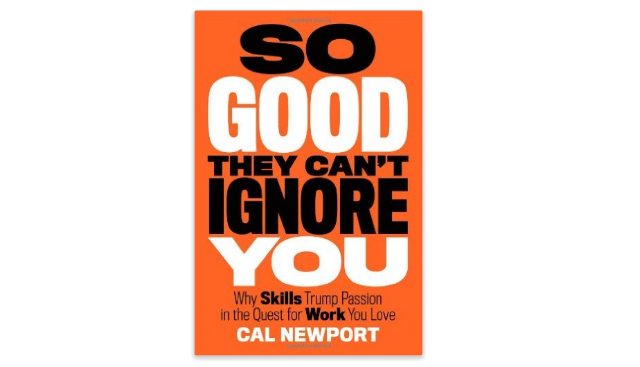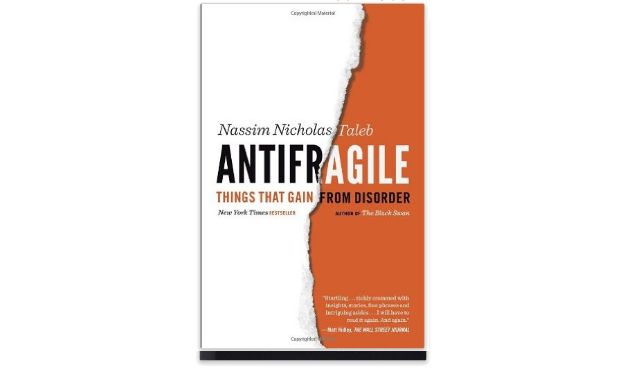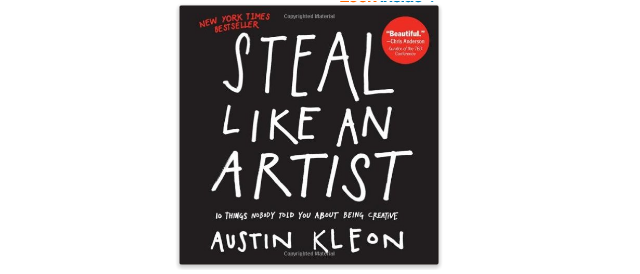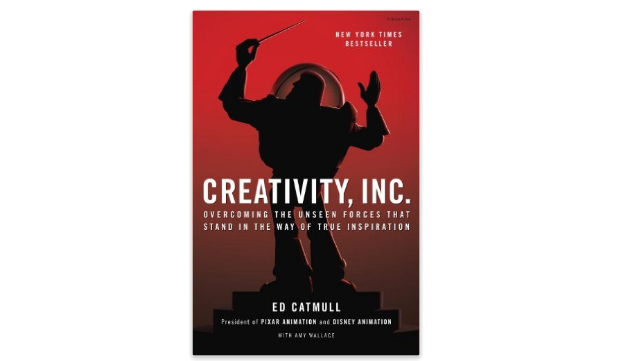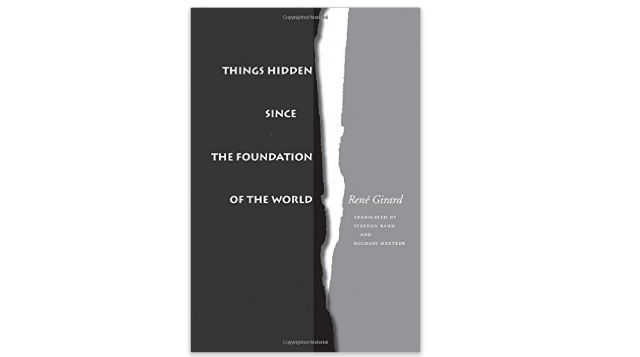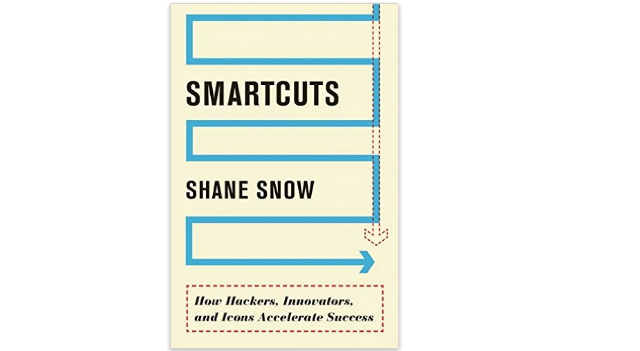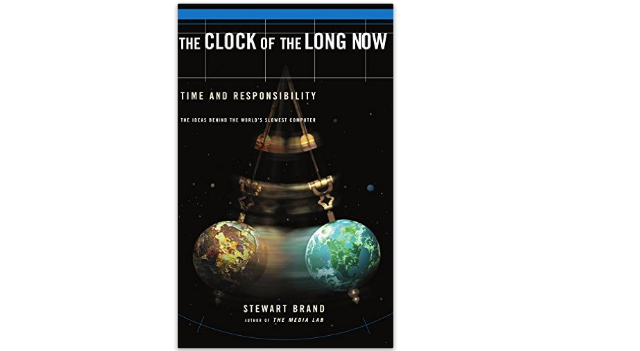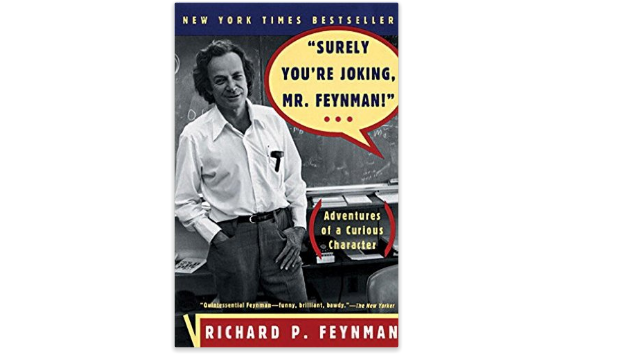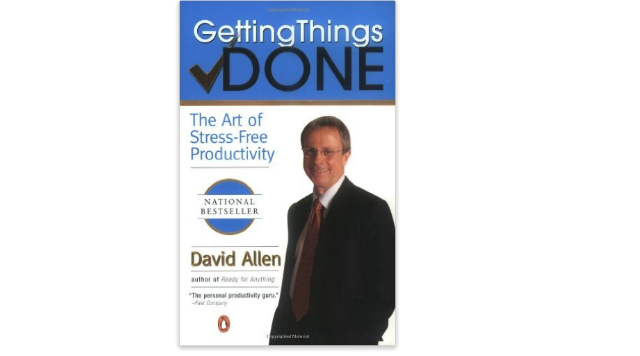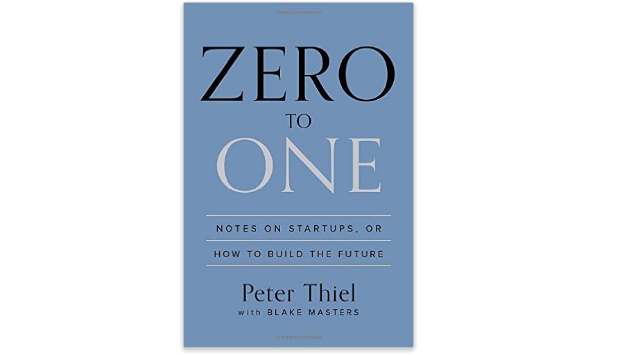Our lives and societies are being influenced a huge amount by the ceaseless progress of technology. Surely then, it's wise to understand a little about what's influencing the tech influencers who are (in part) steering this technological advancement?
The Tim Ferriss Show is the top ranking business podcast on iTunes. In each episode, Ferriss invites world-class performers (from any industry) to engage in conversation in which their background, projects, and approach is deconstructed.
At the time of writing, the show has around 150 episodes. Around 10 percent of guests are what you might call "tech influencers". We decided to give each of those episodes a listen, and share with you one book recommendation from each of these tech influencers. Surprisingly, the majority of books recommended were not focused on tech, but more on lifestyle, productivity, entrepreneurship, and philosophy.
Use this as your reading list, and you'll be able to start to understand more of the thought processes and philosophies behind some of these fascinating personalities, and apply some of these practical ideas to your own projects.
1. The Singularity is Near (Ray Kurzweil)
Named one of "The World's 50 Greatest Leaders" by Fortune Magazine, Peter Diamandis is the Chairman and CEO of the X PRIZE Foundation. This is an organization that runs large scale competitions to solve humanity's greatest challenges. Recommended in this episode is the much-loved The Singularity is Near, by Ray Kurzweil. Motivational speaker Tony Robbins (also in the episode) appreciates this work too.
This is a book essentially about transhumanism, discussing the epochal moments in history that are gradually leading to the point where artificial intelligence will surpass human intelligence (The Singularity). The book goes on to explore how genetics, robotics, and nanotechnology will help us arrive at this point.
2. So Good They Can't Ignore You (Cal Newport)
Polymath, author, and co-founder of Wired, Kevin Kelly raves about Cal Newport's So Good They Can't Ignore You. He summarizes the argument within the book as:
"Flip the mission from 'find your passion so that you can be useful' to 'be useful so you can find your passion'."
By using deliberate practice and patience, we can truly master a skill to the extent that passion naturally follows. This is a refreshing, pragmatic alternative to the myth about "following your passion".
3. Antifragile: Things That Gain from Disorder (Nassim Nicholas Taleb)
Matt Mullenweg is the founder of WordPress, a platform that powers over one fifth of the entire web.
One of the various books Matt recommends in this episode is Antifragile. This is an examination of those things that grow in strength when placed under stress, rather than simply being resilient against stress. This could be muscles, or riots, or it could be ourselves and our own careers. The takeaway is to be open to uncertainty and randomness, knowing that in consequence, it will likely serve only to improve our situation.
4. Steal Like an Artist (Austin Kleon)
Chase Jarvis is an award winning photographer and the CEO of CreativeLIVE.com, a leading organization in the online education sphere. One of his recommended books is Steal Like an Artist by Austin Kleon.
This is a visual book based on a lecture Kleon gave a while back, talking about the things he wished he had known earlier as a creative. Drawing on the concept that pretty much nothing is truly original, Kleon gives permission to borrow, find influence, collect, and re-imagine others' work in order to avoid mediocrity, and find your own, creative voice.
5. Creativity, Inc (Ed Catmull)
Ed Catmull, co-founder of Pixar and President of Pixar Animation and Disney Animation, knows a thing or two about the business of 21st Century entertainment. With this knowledge, we broke the rules a little and decided to add Catmull's own book, Creativity Inc. to this selection.
Incredibly highly rated on Amazon, Creativity Inc. is for anyone who manages a team, or who wants to squeeze as much creativity out of their days as possible. Through practical advice on removing barriers to creativity, you'll not only learn how Pixar routinely produces classic after classic, but also how to apply these principles to your own work.
6. Things Hidden Since the Foundation of The World (René Girard)
Billionaire investor, and founder of PayPal and Palantir, Peter Thiel, was largely influenced by the author René Girard. Especially this book.
By critiquing accepted views on anthropology, religion, literature, and psychoanalysis, Girard examines imitation as the root of behavior in everything, including ourselves, and the organizations we work for. It's a heavy, but rewarding read.
7. Smartcuts: How Hackers, Innovators, and Icons Accelerate Success (Shane Snow)
Noah Kagan was employee #4 at Facebook, and later founded the ever-popular website tools company SumoMe. In this interview, the book Smartcuts comes highly recommended.
This is a book that delves deep into the lives, tips, and tricks of people and organizations that managed to achieve incredible things in impossibly short timeframes. Snow then attempts to pinpoint the commonalities between these case studies to create a range of "smartcuts" to success.
8. The Clock Of The Long Now: Time and Responsibility (Stewart Brand)
The Clock of The Long Now comes highly recommended by Evernote founder Phil Libin.
In contrast to Smartcuts, this is a book that emphasizes the importance of long-term thinking. As the world around us progresses so rapidly, and governments are preoccupied with short-term thinking, Brand argues that it's imperative to spend time thinking of the future. This is a fascinating look at how we should be framing our dreams, thoughts, and projects in the context of the long-view.
9. Surely You're Joking, Mr. Feynman!
In this episode, CEO of AngelList, and serial online entrepreneur Naval Revikant recommends Surely You're Joking, Mr. Feynman!
This selection of autobiographical anecdotes sheds hilarious light on the internal workings of this Nobel prize winning physicist. From his chats with Einstein to cracking uncrackable safes, the lesson to fill life with curiosity, and to not take oneself too seriously, seems to be the valuable lesson here.
10. Getting Things Done (David Allen)
Recommended by co-founder of LinkedIn, and ex Vice-President of PayPal, Reid Hoffman, Getting Things Done has become a must-read for anyone hoping to increase their productivity.
The entire productivity system, as detailed in this book, has spawned devoted communities, and spurred on the creation of various apps and online tools to help with the process. We've even written various articles on the topic, from using the Getting Things Done (GTD) system in your email inbox, to your to-do list, along with the best GTD videos we could find.
11. Zero to One (Peter Thiel)
Co-founder of Netscape and the Mosaic web browser, Mark Andreesen is considered "one of the founding fathers of the modern internet". Taking his recommendation to read Peter Thiel's book Zero to One is definitely to be taken seriously, then.
This is a book about thinking big, and thinking differently. We may believe we're living in an age of innovation, but Thiel thinks the tech industry is stagnant. Rather than making small iterations on what everyone else is doing, it's far better to learn to think for oneself. It's only by doing this that we can truly push our boundaries, and create something truly unique that actually makes a difference.
Which Will You Read First?
The range of thoughts and philosophies in these few books is dizzying. This represents the kind of ideas that are occupying the head-space of the individuals who are helping to shape technology now and who will continue to do so in the coming years.
There does seem to be a common thread running through these books though, which is a consistent pushing against the status quo. The view that things aren't necessarily as they seem at first sight. Perhaps if we realize this, we'll gain the freedom to actually do something different and meaningful ourselves.
So, which of these books are you going to read first? Please let us know in the comments section below along with your thoughts on the recommendations outlined above.

